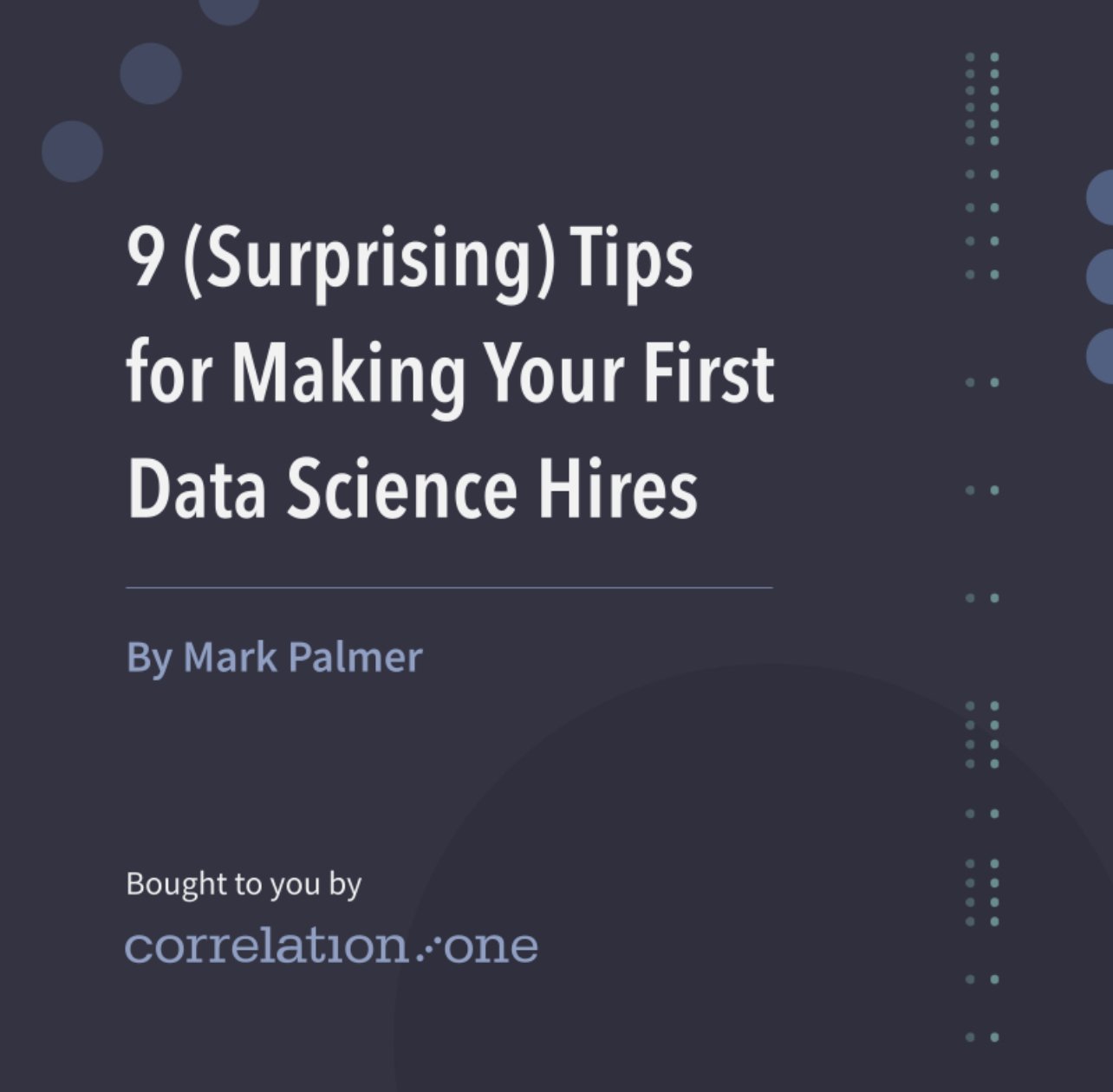Succeed With Networks, Not Hierarchy
Look to your innovative, creative, passionate network for growth, not to the people who are “in charge.”
techno-sapien.com
Success lies within your network, not your org chart. Of course, leaders make final decisions: spending, resource allocation, and direction. But when it comes to innovation, creativity, learning, and growth, your network matters more.
Lots of people get this wrong. They turn to the hierarchy for answers, guidance, and insight. But managers follow and make rules, not break them.
Are you a rule follower or a rule breaker? Are you energized by ideas or power? Do you want to play it safe or break out? Success comes from curiosity, experimentation, and out-of-the-box thinking; managers live IN the box.
For example, entrepreneurs break rules. Recently, we wanted to forge a patent into a product. Product creation takes out-of-the-box thinking.
We could have escalated the mission to a manager, but we needed a risk-taker. I thought of KD. He knows the tech, customers, and domain to test the idea, and he's not afraid to make waves. I called him, we discussed the idea, and he groked it immediately.
techno-sapien.com
KD activated his network. Three weeks later, he had found a customer, scratched out a prototype, and inspired colleagues. Some of his contacts weren't on the org chart (dotted lines). Hierarchy and control would not have unlocked these connections; inspiration did. A new, innovative product feature was born.
Managers would have looked for certainty. Managers would have been afraid to fail. Managers would look inside their sphere of control, not outside of it.
Networks activate action; hierarchy restricts it. When you need a creative job done, look to your network, not your org chart.
Discuss on Networks and Hierarchy on LinkedIn
Background and Reading
This article was originally inspired by For an Agile Transformation, Choose the Right People in Harvard Business Review, which describes seeing unforeseen barriers that undermine agile initiatives. The authors describe how to tap “hidden stars.”
Gifford Pinchot’s book on Intrapreneuring explored this concept in the context of power structures and hierarchy.
The original HBR article is by:
Rob Cross is the Edward A. Madden Professor of Global Leadership at Babson College, founder of the Connected Commons, and the author of Beyond Collaboration Overload (Harvard Business Review Press, 2021).
Heidi K. Gardner is a distinguished fellow at Harvard Law School and a faculty chair in the school’s executive education programs. She is also a cofounder of Gardner & Co.
Alia Crocker is an assistant professor of strategy at Babson College and focuses on issues related to strategic human capital in her research, teaching, and consulting work.
Read more about Intrapreneuring here.












